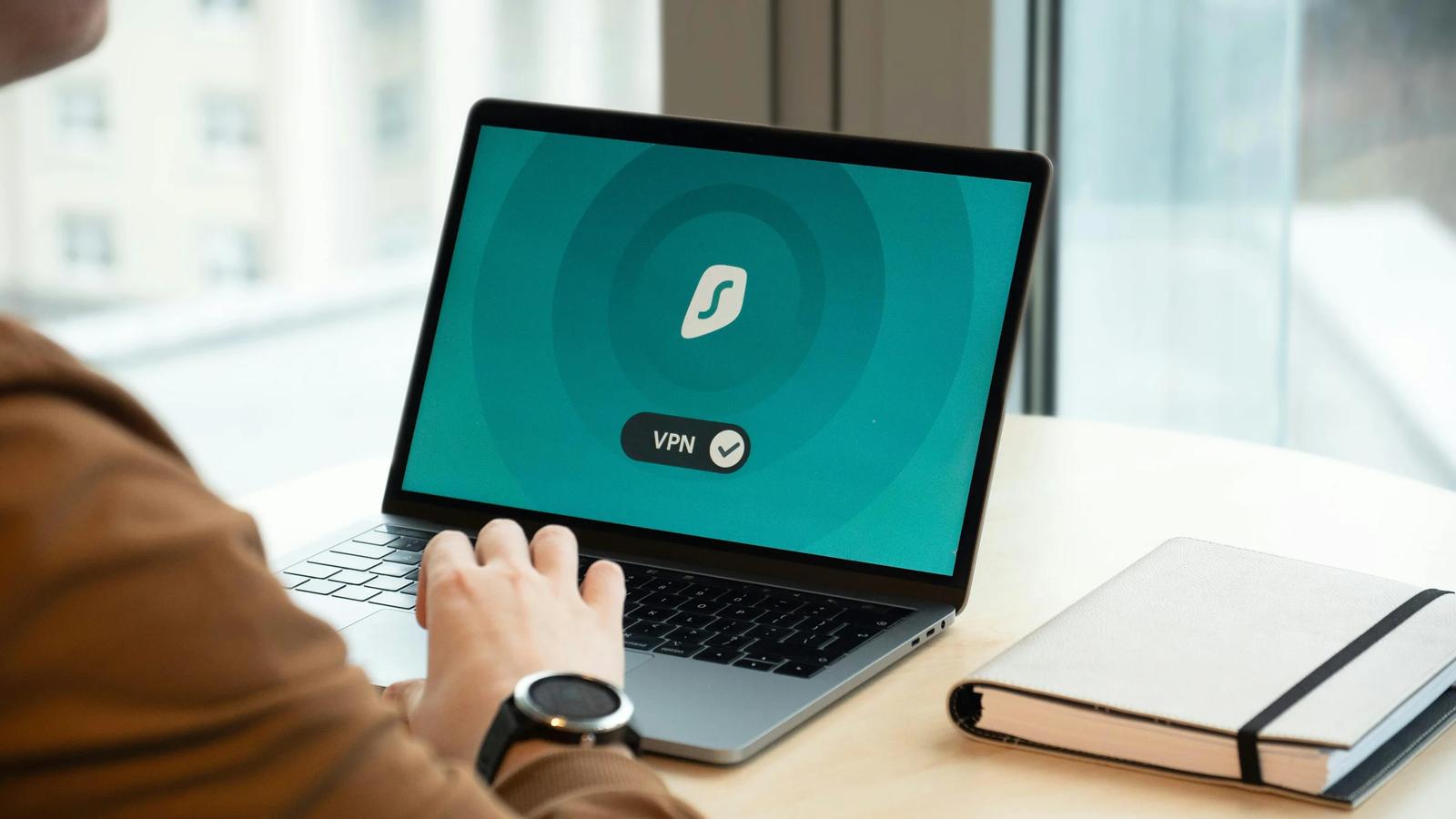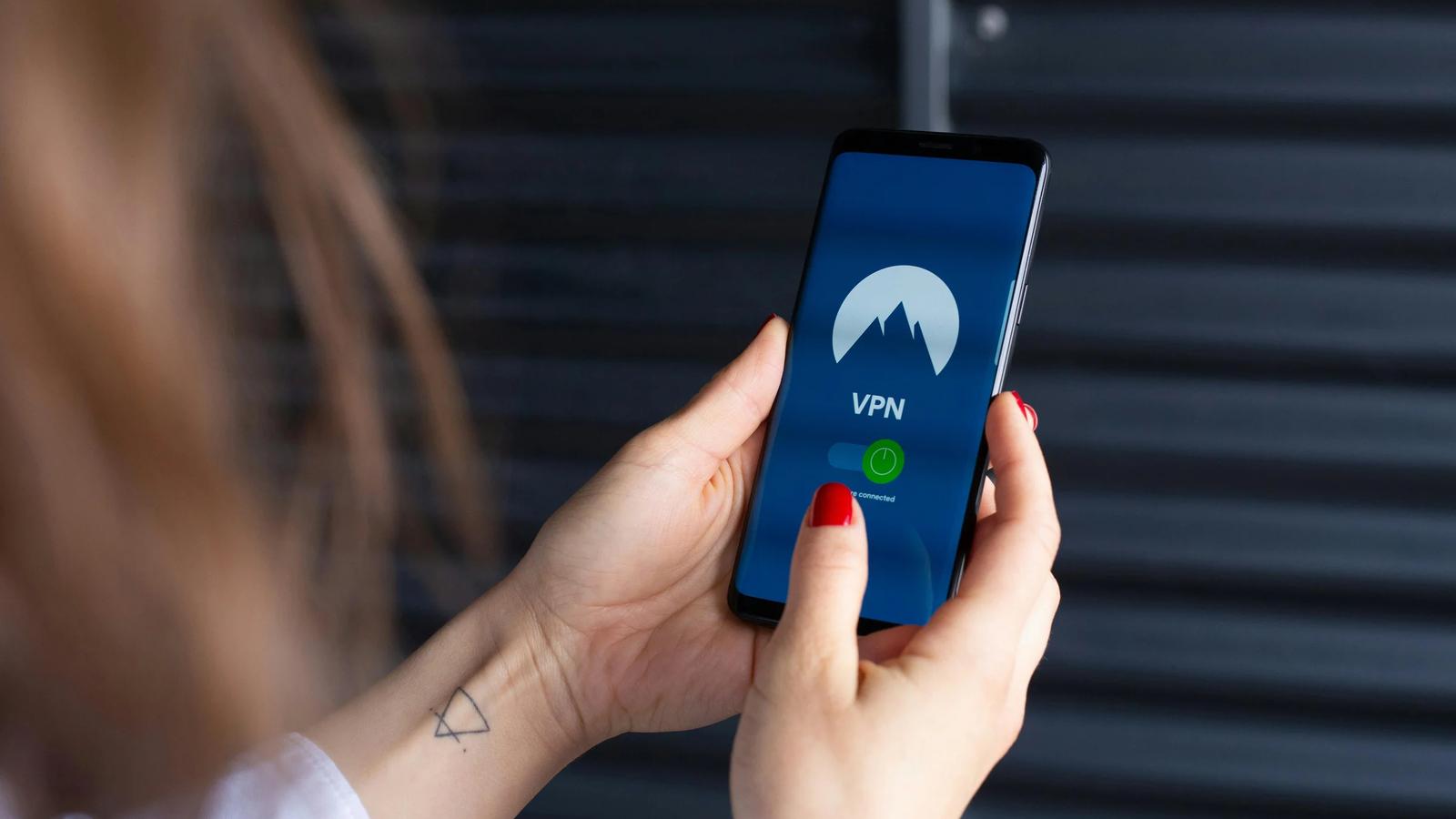Although Qatar is one of the most technologically advanced countries in the region, online freedom is noticeably restricted. Many messaging apps – including WhatsApp and Telegram calls – adult websites, certain media outlets, and VoIP services may be inaccessible or partially blocked. In addition, using public Wi‑Fi networks in hotels, airports, and cafés always carries security risks.
Let’s break down why a VPN is useful specifically in Qatar and what unique situations you might encounter.

Why Use a VPN in Qatar?
Unblocking VoIP Calls
In Qatar, audio and video calls via WhatsApp, Telegram, FaceTime, Zoom, and other messaging apps often don’t work without a VPN. Using a VPN allows you to bypass these restrictions and make calls freely.
Protecting Your Privacy
In Qatar, internet traffic can be monitored – especially when using public Wi‑Fi networks in hotels, cafés, or airports. A VPN encrypts your connection and hides your online activity from internet providers and third parties.
Access to International Websites and Services
Some websites, online services, and streaming platforms may be restricted based on your region. With a VPN, you can connect through servers in other countries and access the content you need without limitations.
Online Banking and Transaction Security
A VPN reduces the risk of data interception when accessing banking apps or making online payments – especially when using unsecured public networks like those in hotels, airports, or cafés.
Stable App Performance While Roaming
Some apps – like banking, streaming, or cloud services – may not work properly abroad due to regional restrictions or security checks. With a VPN, you can “return” to your home country virtually and use these services just like you would at home.
Secure Access to Work Tools
If you work remotely, a VPN enables safe access to corporate systems, cloud platforms, internal databases, and CRMs – protecting your connection and sensitive data while abroad.

What Should You Keep in Mind?
- VPNs are not officially banned in Qatar, but authorities may monitor their usage. Formally, VPNs are permitted for “legal purposes” – such as protecting personal data on public Wi‑Fi. However, using them to bypass VoIP restrictions or access certain websites exists in a legal gray area. In practice, tourists and expats use VPNs without issues, but it’s important to do so mindfully and with caution.
- Qatar offers high-quality internet, but using a VPN may slow down your connection – especially if you’re routing through servers outside the region. To maintain good speeds, choose a VPN that supports modern protocols like WireGuard or Lightway.
- If you want access to content from your home country (such as streaming or banking), connect to a server in your original location. For added privacy, it’s better to choose servers in countries with strong data protection laws – such as Switzerland or the Netherlands.

Which VPN to Choose for Qatar?
For stable performance, and international websites, NordVPN or Surfshark. are both great options. Both services are reliable, fast, and especially convenient for travel. NordVPN is known as one of the most secure VPNs on the market, while Surfshark offers unlimited device connections and advanced features for bypassing restrictions – even in countries with internet censorship.
Summary
VPN is not just a tool for accessing blocked websites – it’s an essential part of digital security in Qatar. It protects your personal data, enables free use of your favorite messaging apps and online services, and unlocks content restricted in the region. This is especially relevant for tourists, expats, freelancers, and anyone who wants to maintain their usual level of digital freedom. The key is to use a trusted VPN provider with a clear privacy policy and to follow basic safety precautions.
